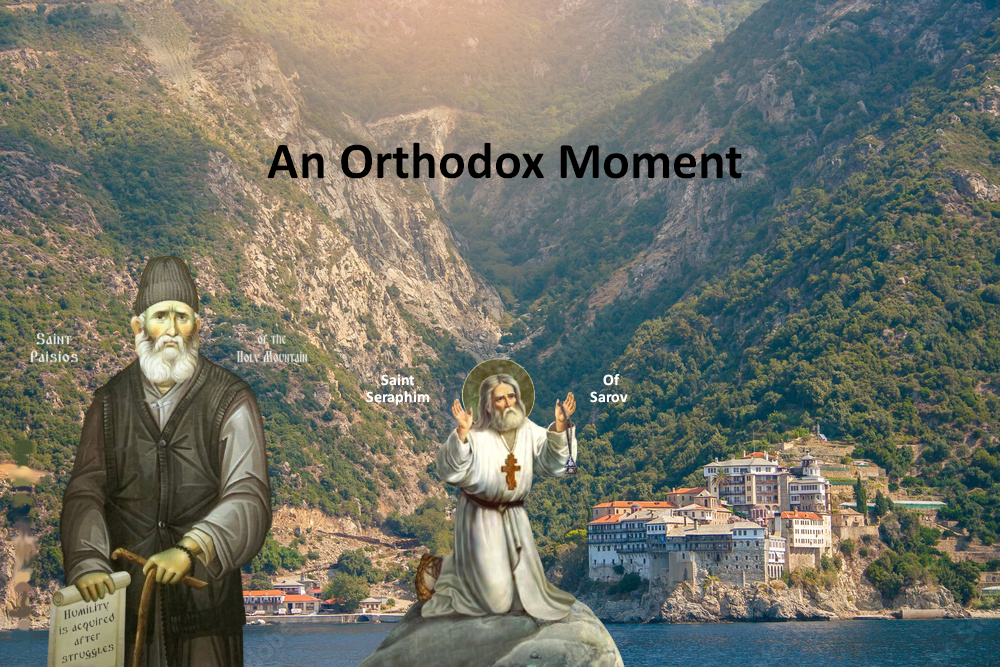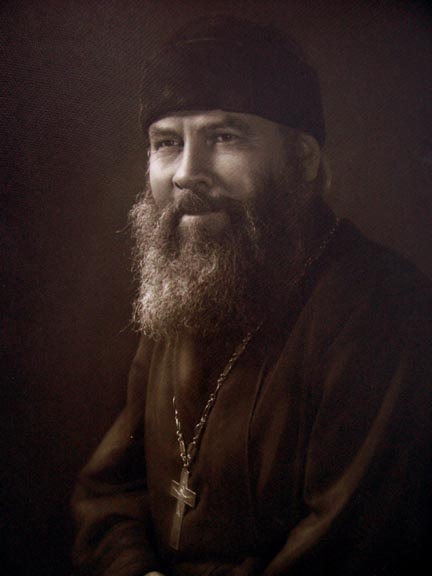When the first humans sinned, they felt shame and fear, just as anyone does when they do wrong. They immediately noticed their nakedness and made themselves clothing from fig leaves, fashioned like wide belts. Instead of attaining perfection equal to God's, as they had desired, their minds were darkened, their consciences tormented, and they lost their inner peace.
This happened because they came to know good and evil against God's will, that is, through sin.
Sin altered humanity so profoundly that when they heard God's voice in paradise, they hid among the trees in fear and shame, forgetting that from the omnipresent and all-knowing God, nothing can be concealed. Thus, every sin drives people away from God.
Yet, out of His mercy, God called them to repentance, urging them to understand their sin, confess it to Him, and seek forgiveness.
The Lord asked, “Adam, where are you?”
Adam replied, “I heard Your voice in the garden and was afraid, because I was naked; and I hid myself.”
God asked again, “Who told you that you were naked? Have you eaten from the tree of which I commanded you not to eat?”
Adam responded, “The woman whom You gave to be with me, she gave me of the tree, and I ate.” Thus, Adam shifted the blame to Eve and even to God for giving him the woman.
The Lord then asked Eve, “What have you done?”
Eve answered, “The serpent deceived me, and I ate.”
Then the Lord announced the consequences of their sin.
To Eve, God said, “In pain, you shall bring forth children, and your desire shall be for your husband.”
To Adam, He said, “Because of your sin, the ground will no longer yield its produce as before. Thorns and thistles it shall bring forth for you. In the sweat of your face, you shall eat bread,” meaning you will earn your sustenance through hard labor, “until you return to the ground from which you were taken,” that is, until you die. “For dust you are, and to dust you shall return.”
To the devil, who hid in the serpent, the main instigator of human sin, God said, “Cursed are you above all livestock”… and proclaimed a struggle between him and humanity, where humans would prevail: “The Seed of the woman shall bruise your head, and you shall bruise His heel,” indicating that a descendant from the woman—the Savior of the world—would come from a virgin, defeat the devil, and save humanity, but He must suffer.
This promise of God's coming Savior was accepted by humanity with faith and joy, providing them great comfort. To ensure that people did not forget this promise, God taught them to offer sacrifices. He commanded that a calf, lamb, or goat be slaughtered and burned with a prayer for forgiveness of sins and faith in the coming Savior. Such sacrifices were symbols or prefigurations of the Savior, who would suffer and shed His blood for our sins, cleansing our souls from sin and making them pure, holy, and worthy of paradise once again.
Right there in paradise, the first sacrifice for human sin was offered. God made garments of animal skins for Adam and Eve and clothed them.
However, since humanity had become sinful, they could no longer live in paradise, and the Lord expelled them from it. He placed a cherubim angel with a fiery sword at the entrance to guard the way to the tree of life. The original sin of Adam and Eve and all its consequences passed to all their descendants through natural birth, meaning all of humanity—including us. This is why we are born sinful and subject to all the consequences of sin: sorrows, illnesses, and death.
Thus, the consequences of the Fall proved to be enormous and grievous. People lost the blissful life of paradise. The world, darkened by sin, changed: from then on, the earth would yield crops with difficulty, and alongside good produce, weeds would grow; animals began to fear humans, becoming wild and predatory. Suffering, diseases, and death emerged. Most importantly, through their sinfulness, humans lost the immediate and direct communion with God; He no longer manifested Himself visibly as He did in paradise, meaning human prayer became imperfect.
NOTE: See the Bible in the book of Genesis (Gen. 3:7–24).

